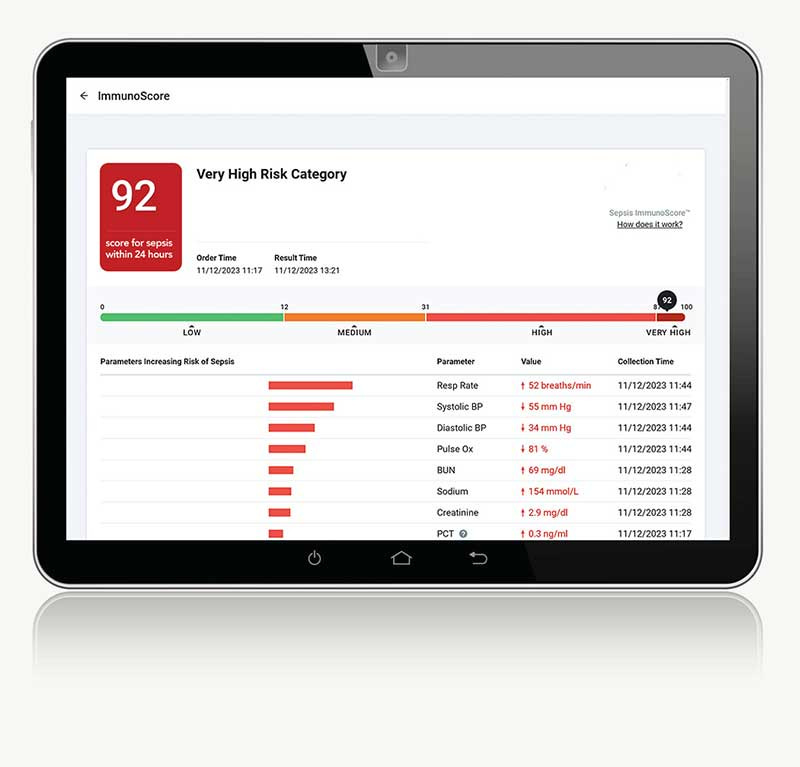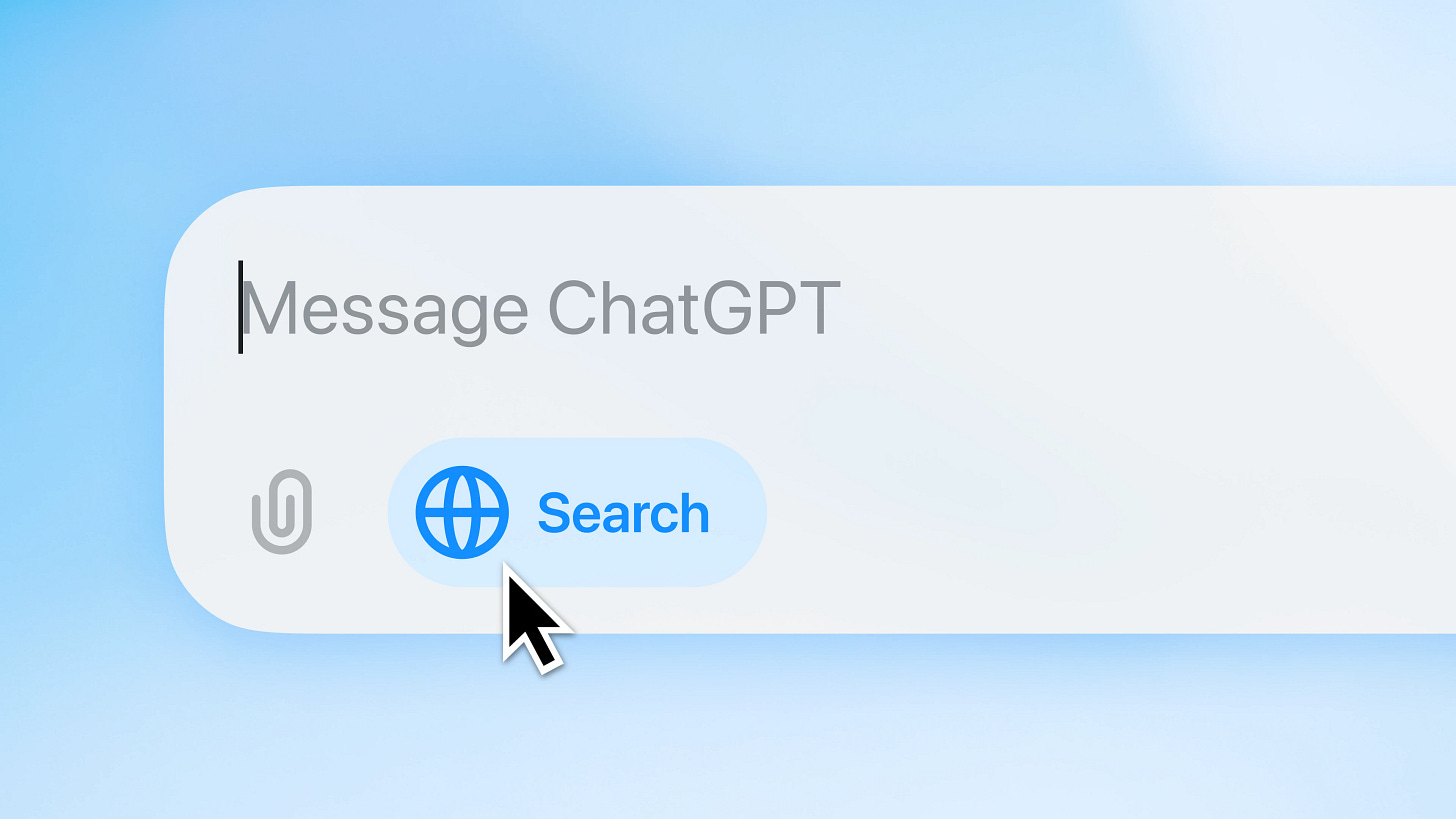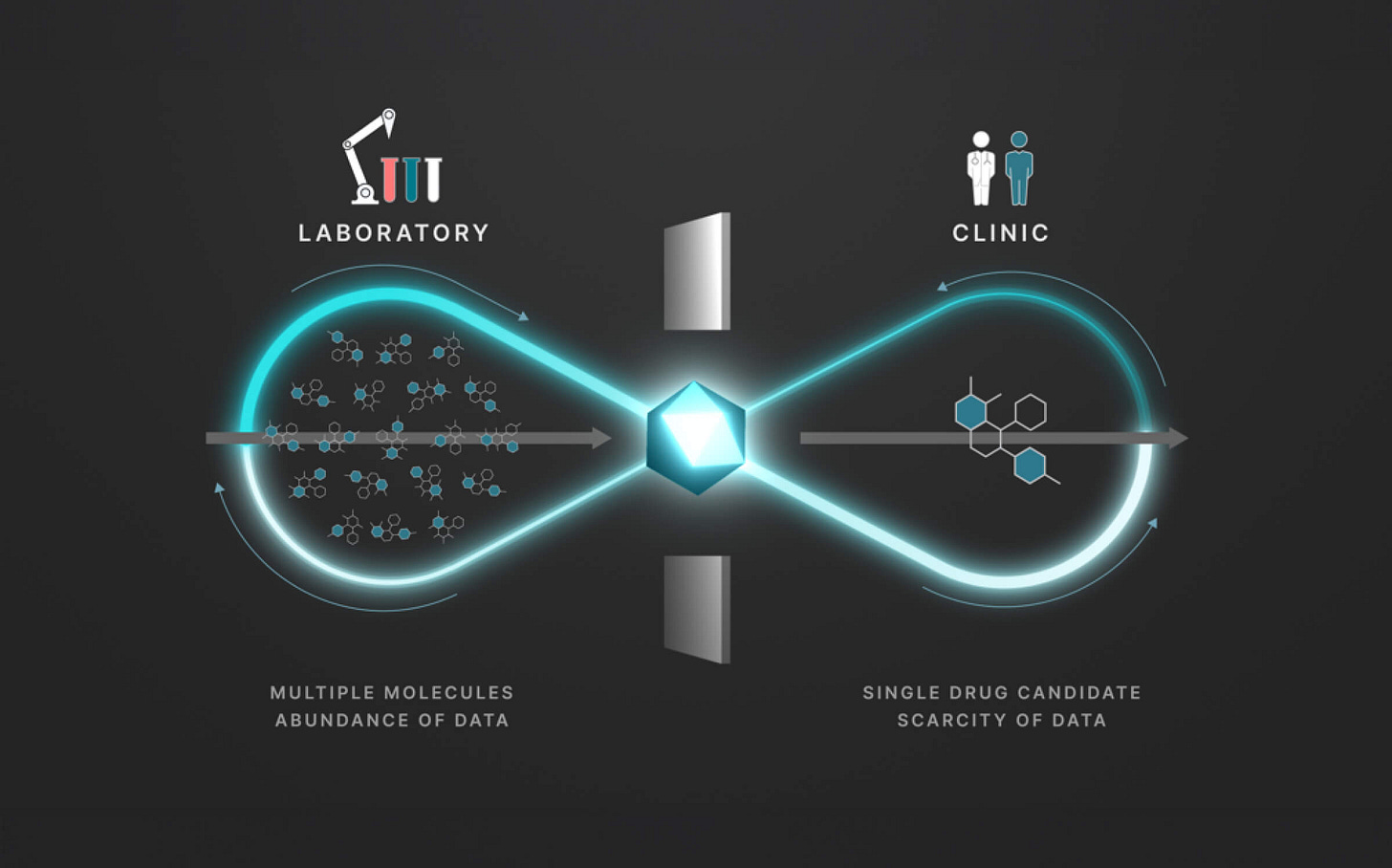🩺 The Pulse: ChatGPT takes on Google, New AI Model accelerates drug discovery
November 6, 2024
1. Triage – Your Weekly Rundown
Hi Pulse Readers, this week we explore AI's role in improving patient safety, delve into a groundbreaking AI diagnostic tool for sepsis, take a look at how the future of search could be shifting dramatically, and highlight a new AI model accelerating drug discovery.
2. Case Study – Your Weekly Practical
Image Source: Prenosis Immunoscore
Case Presentation: Sepsis remains a leading cause of mortality in hospitals, with timely diagnosis being critical.
Approach: Prenosis has developed the Sepsis ImmunoScore, the first AI diagnostic test for sepsis approved by the U.S. FDA. This tool analyzes 22 health metrics to provide a sepsis risk score, predicting severe cases within 24 hours.
Why: Integrating the Sepsis ImmunoScore into clinical workflows can aid in early detection, allowing for prompt intervention and improved patient outcomes.
Outcomes: Early adoption of this AI tool has shown promise in reducing sepsis-related mortality by enabling timely and targeted treatments.
3. The Pulse - Your weekly Update
ChatGPT takes on Google Search
Image Source: OpenAI
Highlights:
OpenAI’s ChatGPT has recently introduced a web search function, a significant move that positions it as a direct competitor to traditional search engines like Google. This feature allows ChatGPT users to access real-time, up-to-date information directly within the chat, expanding its capabilities beyond static knowledge.
Tool: ChatGPT’s new web search feature is accessible to premium users (ChatGPT Plus and Enterprise).
Functionality: The search retrieves current information on a wide range of topics, answering questions and summarizing recent events or findings from reputable sources.
Potential: Early reports suggest that ChatGPT’s search tool may offer a more conversational and contextual search experience than traditional engines, designed to provide nuanced, human-like explanations and direct insights.
Implications:
For clinicians and practice managers, this development could streamline access to healthcare and medical updates. ChatGPT’s search ability, combined with its natural language capabilities, might support clinicians by quickly synthesizing complex information and summarizing emerging studies, regulatory updates, or clinical best practices directly within the conversation.
Actionable Steps:
Stay Informed: Premium ChatGPT users may consider using the web search function to access newly published studies, or updated patient care recommendations.
Trial in Practice: Explore this tool as a quick reference resource, or for non-clinical research.
Monitor Developments: Keep an eye on how ChatGPT’s search results evolve, especially in healthcare contexts, as OpenAI refines its algorithms and accuracy.
New AI tool may halve drug development R&D cost
Image Source: Iambic.AI
Highlights:
Iambic Therapeutics, supported by Nvidia, has launched "Enchant," an AI model that can predict the performance of drugs at the early stages of development. This innovation holds potential to streamline the drug discovery process, cutting both costs and development time significantly by allowing researchers to identify promising candidates faster.
Tool: Enchant leverages Nvidia’s powerful AI infrastructure to model drug efficacy in preclinical stages.
Performance: This predictive AI model has shown the potential to reduce pharmaceutical R&D costs by up to 50%.
Clinical Impact: By accelerating the identification of effective drug candidates, Enchant could reduce the time required for new drugs to reach clinical trials, enhancing overall pipeline efficiency.
Implications:
For clinicians, Enchant’s predictive capabilities in drug development could result in faster access to innovative treatments. By shortening the development cycle, this technology may lead to more rapid availability of new therapies for chronic or hard-to-treat conditions, benefiting both patients and healthcare providers.
Actionable Steps:
Stay Updated: Monitor developments in AI-driven drug discovery to anticipate upcoming therapies that may impact patient care.
Consider Applications: As this technology matures, assess how it might influence treatment options available for chronic disease management in clinical settings.
4. Vitals – Quick Bytes
AI in Mental Health Support: AI chatbots are gaining popularity as accessible mental health resources, offering 24/7 availability and free use. However, experts caution against viewing these tools as replacements for human therapists.
AI in Mammography: AI mammography is gaining traction for its potential in improving breast cancer detection. Developed through deep learning from vast mammogram datasets, AI can identify patterns that indicate possible cancers faster and perhaps more accurately than humans.
We’d love to hear your thoughts, so joint the conversation by leaving a comment below:
Stay tuned for more insights in next week's edition of The Pulse.




